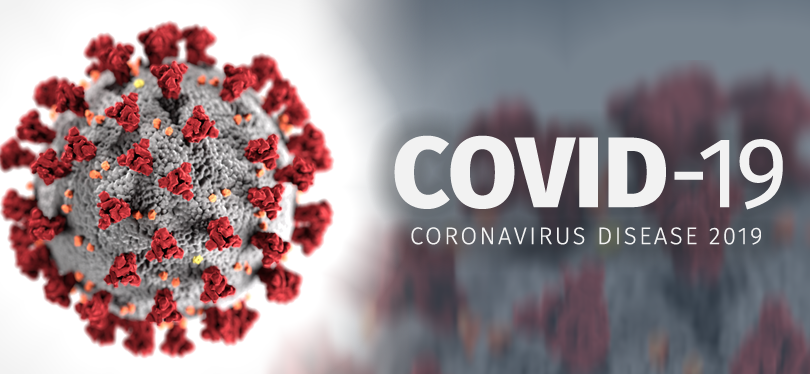Coronavirus (COVID-19) Update

Coronavirus, also known as COVID-19, has now reached the United States. We are constantly learning more information, so my update is based on what we currently know.
Like I said in my January post, there is still no need to panic. Besides, when does panicking ever help?
As a quick recap: it is an enveloped virus that causes respiratory symptoms, specifically:
– Fever
– Cough
– Shortness of breath
They are not sure how long it takes to incubate, but early information is showing that it can be 2-14 days. So those people who are sick may not have symptoms, which is how it is spreading “so mysteriously.”
It is primarily a danger to those people who are immunocompromised, often the elderly and young children, because it goes from a simple respiratory illness to bronchitis to pneumonia, which is the part of the process that is most likely to be fatal.
What does that mean?
Being immunocompromised means that your immune system is compromised, or weak. Your body’s defenses are not able to fight off infections well. It also means that you are more susceptible to chronic diseases, such as cancer.
How do I know if I am immunocompromised?
If you have a weakened immune system, you can tell because:
– You get sick easily
– You get sick often
– When you do get sick, it lingers longer than it does in other people
Children’s immune systems that are not fully developed are more susceptible to infections. It’s why they get sick so often. But every time they get sick and defeat the infection, their immune systems grow stronger.
The elderly are more vulnerable because they tend to have more systemic health problems that tax their immune systems. Additionally, they may be on medications that suppress their immune systems (such as immunosuppresants for autoimmune diseases, statins like Lipitor for cholesterol, and sugar-handling drugs like Metformin). This is yet another reason why it is so important to address your health (nutrition, exercise, sleep, health challenges, etc.) when you are younger to try to prevent this situation.
Finally, whenever you live in a closed community like an assisted-living facility or nursing home, you are more at risk of exposure because of the closed quarters. In my opinion, that is why the outbreak was so quick in Wuhan, China, is because it is a very dense population center.
How can I improve my immune system?
There are many factors that go into a strong immune system, such as:
– Get enough sleep
– Exercise regularly
– Drink water
– Eat healthy (this is the time to go on that low-sugar diet because sugar feeds infections)
– Get your chiropractic adjustment
– Get your immune-boosting acupuncture treatment
– Take your immune-boosting supplements
You know, the usual.
What else can I do?
#1 Wash your hands.
To ensure you wash your hands long enough to be effective, sing the Happy Birthday song twice. (Teach your kids!) Use hot, soapy water – it literally makes the germs slide right off.
Hand sanitizers are definitely better than nothing, but washing your hands is far more effective.
#2 Don’t touch your face.
Your face has many openings straight into your body, like your eyes, nose, mouth, and ears. You are just making it easier for the germs to get into your body.
Your skin is a natural barrier to germs (and you have good and bad germs living on your skin at all times, by the way), so that is why you want to make sure your skin stays intact. Keep your hands moisturized during this dry winter to avoid cracks in your skin armor.
#3 If you’re sick, stay home.
You need the rest to recover. If you go into work or school anyway, you are risking everyone around you while preventing your body from healing well.
Just breathing is spreading the germs that are making you sick. Wearing a mask can help a little with reducing the spread of your illness, but the research shows that it does not prevent you from catching it. (Only the medical grade masks used properly have a chance of helping you; the cheap ones from the drugstore are not those masks.)
Furthermore, if you have a viral infection, your body is constantly “shedding” the virus from your skin. So just being in the vicinity of other people can make them sick. So please, just stay home.
If you do start to have a fever, cough, and shortness of breath, consult your physician. Check out the CDC and the WHO for more information.
– Dr. Pulley
March 4, 2020


